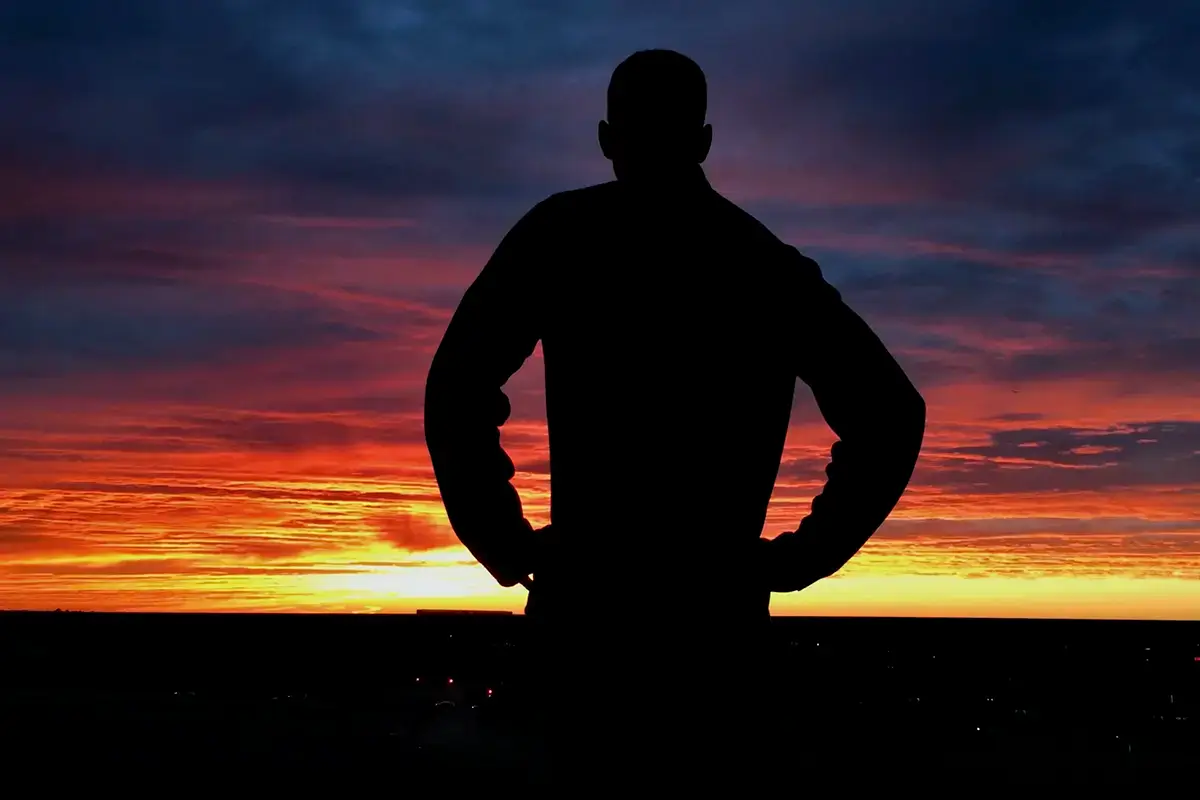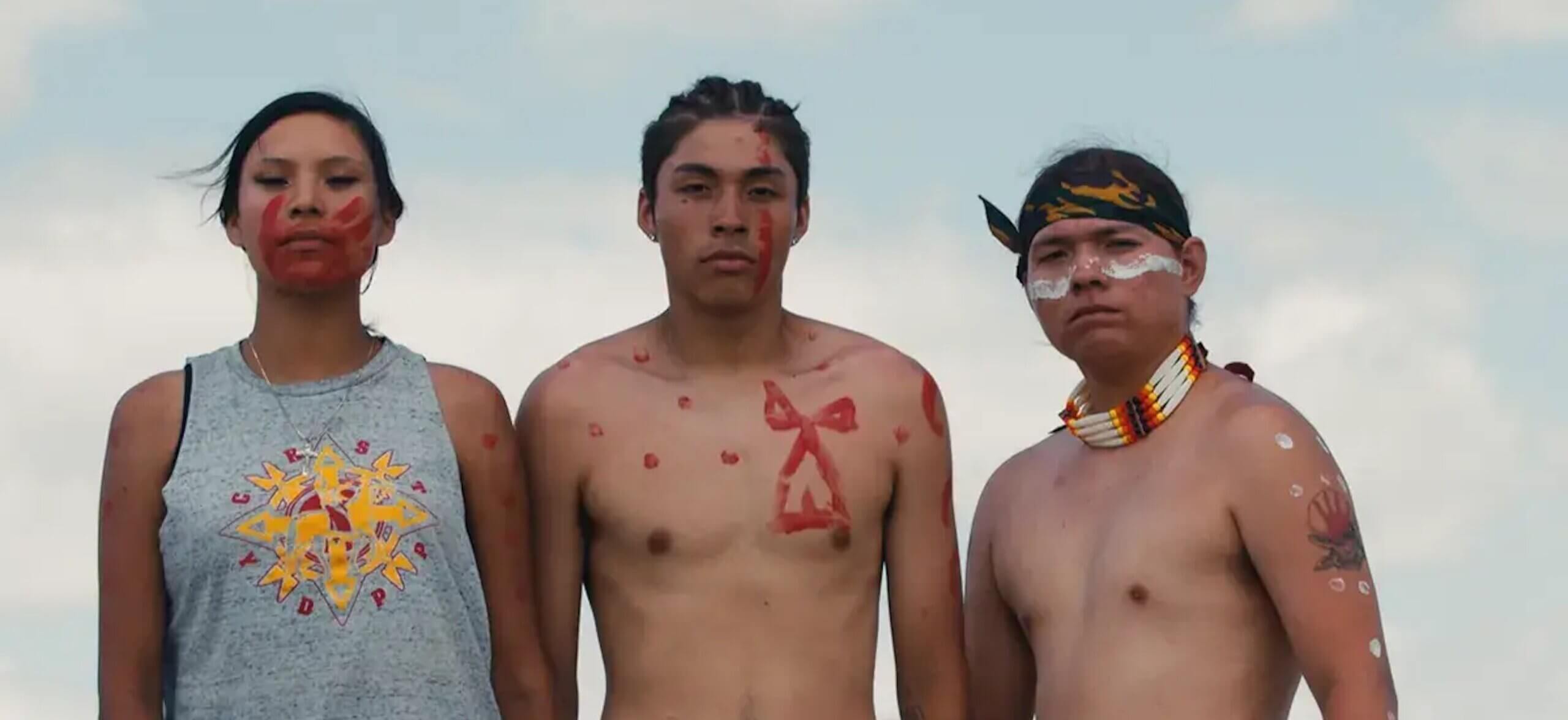Across the top ten wealthiest nations, America ranks third for the greatest burden in mental health and can claim some of the worst mental health outcomes in the world.
1
In most communities in America, the police are often the first people called to meet a mental health crisis. On average,
15% of 911 calls to police are for behavioral health emergencies in the U.S. Too often, these encounters result in negative outcomes, leading to jail or death.
Only weeks ago, police officers fatally shot a young Autistic boy holding a gardening tool in San Bernardino, California after responding to a mental health crisis at the family home.
According to the Washington Post’s Fatal Force data,
20% of civilians killed by police also had a mental illness, and well over half of the prison population is living with at least one diagnosed mental illness according to the Department of Justice.
The statistics are alarming, highlighting the intersectional pipeline between America’s healthcare and justice systems.
This criminalization of mental illness was what drove filmmaker
Jenifer McShane to go in search of better solutions.
“There is a clear intersection between our failing mental health system and our judicial system in this country, and it results in criminalizing mental illness.”
“When I learned of the work happening in San Antonio, I jumped at the opportunity to tell a mental health story through the lens of law enforcement,” she recently told Film Platform.
It’s there in San Antonio that McShane met
Ernie Stevens and
Joe Smarro, two crisis cops in the San Antonio Texas Police Department (SAPD), leading the charge in changing the way police handle crisis calls.
If you’re reading the headlines, Ernie and Joe might seem like an anomaly. They focus on jail aversion as part of the SAPD’s crisis response unit. The pair’s approach is different; leading with empathy and vulnerability, with a commitment to patience and time despite an overwhelming call load.
As trainers, they operate among a tough crowd, attempting to crack through a culture that traditionally has fostered an
“Ask-Tell-Make” mentality.
The film demonstrates how crisis response tactics intersect with culture, and how first changing the mentality of responders can go a long way towards more positive mental health outcomes.
Not every call gets directed to the crisis team, however, and recent events have shown that training will always be an ongoing process. Yet the film has opened up the floodgates in examining not only the institutions and systems that affect mental health but also the culture required to treat it.
Ernie & Joe’s impact in San Antonio has scaled nationally, with the film being watched by over 2100 institutions on
Film Platform. Audiences have been far-reaching, including police and state departments, hospitals, correctional and legal departments, as well as colleges and schools across the country.
The ripple effect has been powerful, from working with institutions educating the future generations of legal and social responders to the departments and groups working within the system today.
“I still receive messages regularly from people in law enforcement who credit the film with giving them an example of how to do their job more humanely, and how to become more aware of their own mental health struggles that are often ignored or not discussed,” said McShane.
It’s become an important part of police training, and within mental health institutions, used extensively by the National Alliance on Mental Illness across all levels.
The film's outreach team knew that these institutions needed to work together, ensuring that screenings included both law enforcement and mental health experts, as well as individuals with lived experiences, to facilitate a robust discussion, McShane said.
Ernie & Joe: Crisis Cops, provides a real-world view of America’s mental health crisis in real time. Recognizing the systemic pain points for mental health across many areas, McShane also knows that change needs to happen at every touch point.
“I think at its core the film is really about empathy and how we treat each other. I would love to see more colleges and university professors use the film as a catalyst for honest discussion about policing, mental health, and empathy in the U.S.,” she said.
And some of them are -
“Thank you for producing such an excellent film. Ernie & Joe: Crisis Cops poignantly reveals, illuminates, and humanizes the mental health crisis that has been hidden in plain sight. My students and I have appreciated how it paints a portrait that fosters extrospection, presents a mirror that allows for introspection, and serves as a bridge that connects and spans the divides of understanding. It has catalyzed a shared sense of responsibility where, as a class, we have gone from expressing words of concern to engaging in intentional actions to create a more compassionate response to caring for those in crisis.”
—Brian Williams, Associate Professor of Public Policy, Frank Batten School of Leadership & Public Policy, The University of Virginia
“I can't think of a better film to help spark debate about the promises and limitations of police training as a solution to the problem of police violence…. Students discussed, at length, whether the kinds of de-escalation tactics shown in the film could ever make a substantive change in policing overall. This led to a fascinating debate about the pros and cons of reformist versus abolitionist positions in the current controversy over police violence. I thought the film was very effective at structuring that conversation because of the emotionally evocative content that lifts up the notion that policing can be reformed from within. Though the students didn't ultimately agree with that position, the film was an excellent way of pushing them to justify their claims and clarify their stance on this important and timely topic.”
–Ben Snyder, Professor of Sociology, Williams College
“This film inspires us to be our best as providers to people needing our help during their mental health crises. Compassion and respect for our fellow citizens is long overdue for mental health patients. Joe & Ernie are examples of the best that police officers and first responders should be aspiring to when providing care. I am thinking about how to nominate Joe & Ernie for awards. I think a Nobel Peace prize is actually appropriate. No kidding!”
–Susan Gray, President, American Psychiatric Nurses Association New Jersey Chapter
Change is often incremental, but
Ernie and Joe: Crisis Cops demonstrates the depth of impact that can be made when you “start where you are, use what you have, and do what you can.”
1. Commonwealth Fund International Health Policy Survey (Commonwealth Fund, Oct. 2021). https://doi.org/10.26099/srrc-sc30 ↩

